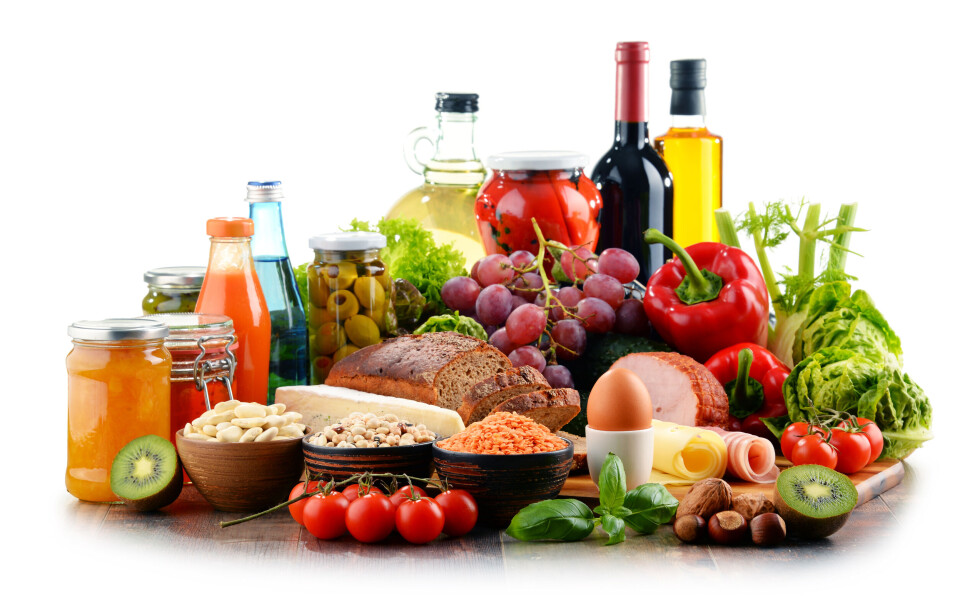-
French nature festival is a paradise for bird watchers
The spring event runs from April 12-20, showcasing the rich flora and fauna of the Baie de Somme
-
D-Day silhouettes overlooking the British Normandy Memorial return for a second year
‘I don’t think anyone could walk through without getting a real sense of respect for the soldiers who died here’
-
Local election rule changes in France and why you may have a new mayor in 2026
Communes with fewer than 1,000 residents are particularly set to see changes from next year
France heatwave: what to (and not to) eat and drink
Keeping hydrated and eating the right foods can help keep you energised for longer and maintain a better internal body temperature

France’s heatwave is set to continue over the next few days, with temperatures of 42C even expected in some parts of France over the coming days.
People are making numerous changes to their daily routines as a result (such as working from home) to help cope with the heat.
One of the most important – and impactful – changes when facing hot weather can be a change to your diet.
Keeping hydrated and eating the right foods can help keep you energised for longer and maintain a better internal body temperature – whereas consuming the wrong items can make you feel sluggish and even thirstier than before.
The best foods to eat
A surefire start is making sure you eat plenty of fruits and vegetables to replenish the vitamins and minerals you may lose from urinating more often (because you are probably drinking lots of water).
Switching between cooked and raw vegetables is best, as eating too many raw vegetables can cause digestion issues for some people.
Bell peppers and aubergines are particularly recommended and are staples of Mediterranean cuisine, and eating salads with a mix of vegetables is also good.
When it comes to fruit, watermelon is said to be the best but almost any fruit is a good choice.
Proteins and carbohydrates should not be discarded because of the hot weather – using pasta and rice as a base for your salad dishes is a good way to incorporate them during the heat.
For non-vegetarians, meat and seafood can be eaten cold, in salads or as carpaccio although large quantities of red meat should be avoided.
You should try to not eat fatty or sugary foods as they are difficult to digest and foods with too much oil raise the body’s internal temperature, making you feel hotter.
Oily foods also take a lot of energy to digest, making you feel even more tired.
Ice cream may be tempting but it is calorie dense and thus can make you feel tired – sorbets are a better choice, as they have fewer calories and contain more water, giving the added benefit of extra rehydration.
Read more: Is French cuisine really the best in the world?
What – and how – to drink
When it comes to advice about what to drink, however, the advice is straightforward.
People should drink plenty of water (at least 1.5 litres for adults, and 1 litre for children) per day, and not only drink when they feel thirsty but take small sips regularly throughout the day.
Water should not be consumed ice cold, as your body will warm itself in response to sudden freezing cold temperatures, but should be drunk fresh and cool.
Alongside water, fruit juices and cold soups like Gazpacho are recommended. If you (or your children) do not like the taste of water, try mixing it with a cordial or syrup to change the flavour.
Lukewarm drinks like herbal teas are also recommended, as they help your body cool down over a longer period of time.
Coffee and caffeinated drinks should be avoided as should alcoholic drinks as they dehydrate your body.
Sodas and fizzy drinks should also be avoided as they cause the body to secrete insulin, which makes us feel thirsty and causes water loss.
Related articles:
France heatwave tips: How to sleep, keep cool and stay healthy
Tips on how to stay cool in France’s heatwave
























